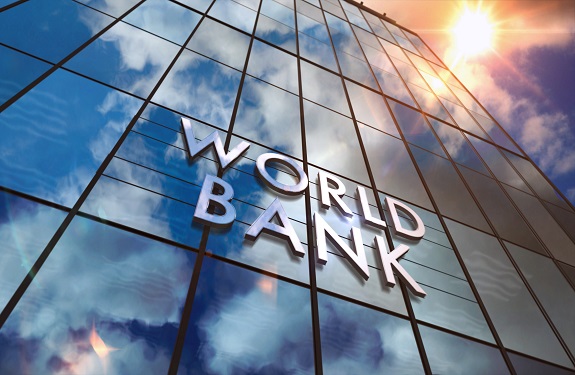The World Bank has said only 89 percent of Nigerians don’t have access to clean cooking fuel.
The bank revealed this in a report, titled “2022 tracking SDG7 (Access to clean cooking).”
The report said only about one in five people (about 17 percent) in Sub-Saharan Africa have access to clean cooking fuels.
It said that much more needed to be done, as about a third of the global population—some 2.4 (2.1–2.7) billion people—still lacked access to clean cooking fuels as of 2020.
The report said over the past decade, access to clean fuels and technologies for cooking rose by only 12 percentage points. If current trends continue, a quarter of the world’s people, mostly in low- and middle-income countries, will lack access to clean cooking fuels by 2030.
The new report revealed that between 2010 and 2020, the global rate of access to clean cooking fuels and technologies increased at an average annual rate of one percentage point (0.5–1.8), driven primarily by increases in large, populous countries in Asia.
It also noted that in Sub-Saharan Africa, however, the number of people without access is increasing at an accelerating rate.
In a business-as-usual scenario, the number of people without access to clean cooking in Sub-Saharan Africa is set to increase by almost 20 million every year this decade, rising from 923 million in 2020 to over 1.1 billion in 2030, as small gains in the percentage of people with clean cooking fail to keep pace with population growth.
The report read in part, “Meanwhile, only about one in five people in Sub-Saharan Africa (17 per cent) has access, and access in Oceania excluding Australia and New Zealand is at just 15 per cent, meaning the vast majority of people in these regions will continue to suffer the negative impacts on health, environment, and livelihoods that come with polluting cooking. Sub-Saharan Africa remains the only region in which the number of people without access to clean fuels and technologies is rising. The access deficit there has nearly doubled since 1990, rising more than 50 per cent since 2000, to reach 923 million (898–946) people in 2020.”









